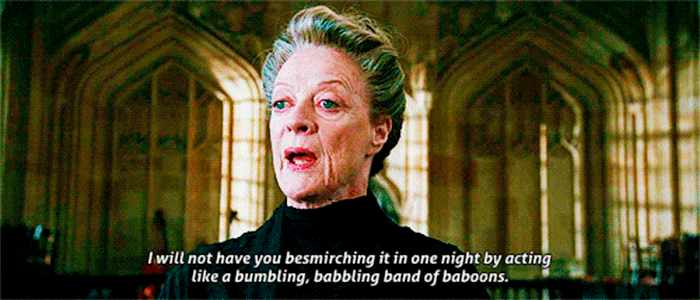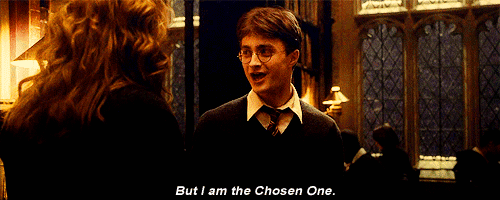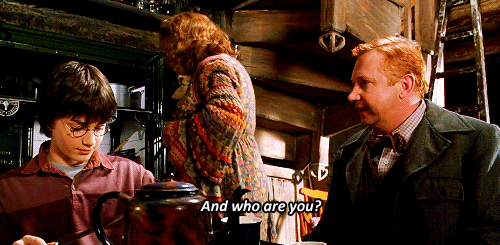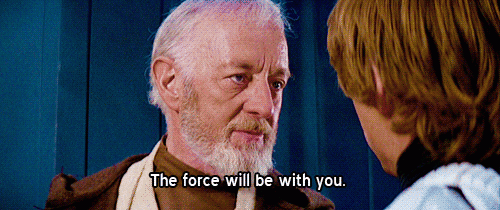I came to college like a warrior enters a battlefield. ‘Huh,’ I thought, ‘All these pesky humans are beneath me, and I will crush each one under the boulder of my awesomeness and grades.’
Three years later, I was a Straight-A student (with a scholarship and a genuine shot at the academic excellence award) appearing for my first job interview. The hiring manager took a look at my nine-point GPA and said, “It’s impressive. I mean, we don’t hire based on what you scored, but if we did, I would be really impressed.”
What’s that? Oh, that was the sound of three years of disillusionment and awakening in the making. If you’re wondering, it sounds like glass shattering, with a silent scream in the background.
I wouldn’t say that reality is harsh; I was kind of expecting this freight train of “Oh crap…” to hit me when I entered the big bad world of job interviews. No one cares where you went to college, what you studied, or how much you scored. Your marks are, in fact, just numbers on a paper. Here’s why:
When it comes to landing a job, what you majored in doesn’t matter at all
Look at the general population in any company, and you will find people working jobs that have nothing to do with the subjects they studied in college. College degrees today fall under two categories: they are either stepping stones for something you want to do eventually, or just obtained for the sake of it (example, civil services).
Having no formal education in a subject doesn’t mean that you can’t master it: if you have the passion, it will shine through your work.

Where you went to school matters even less
Oh, your elite college is the best in the country? Well, good for you! Sorry, but you’re not entitled to anything extra because you went to a better college than everybody else. It still puts you in the same category as everyone else looking for a job. In the end, companies will prefer hiring someone with relevant experience, even if he/she is from a mediocre institute.

That’s fancy college talk, y’all.
. . . And it doesn’t prove anything
Without skills, your degree is basically a receipt for all the money you spent in college; not counting the money you spent “otherwise.” At the end of the day, you are going to have to prove yourself worthy of a job through the kind of person you are, and what you will bring to the table. Your degree is not going to the take the interview, or intern in your place.

Speaking of experience . . .
Please, the statement, ‘What’s the whole point of a job if I need experience for it? I am a graduate! This is what is supposed to give me experience!’ went out of vogue a long time ago. If you spent your time interning at a newspaper, that’s experience. If you designed apps and attended seminars in coding, that’s experience. These are the things that count when you’re looking for a job: you can’t think of yourself as job-ready when you don’t have any idea of what it entails. The real learning in college happens outside the class, so ensure you make the most of it.

Your Mom is the only one who will tell you that you’re special
You’re not the only one who went to college and worked hard. Somewhere out there, there is another you with the same degree, same qualifications and the same skills looking for a similar job. What’s worse, there are probably better versions of you in the world too. What matters is how you set yourself apart from the crowd in this case. Companies don’t want clones, they want people.

No one will ever ask you how much you scored
Sure, you got an A on the Applied French paper, but can you actually use it when the time comes? Oh, you aced that class in Communication Theories, but how many of those are actually useful at present?
The rule here is: show, don’t tell. Anyone can pull an all-nighter and get a decent enough score, but you have to show that you didn’t do it for the sake of your degree.

Who even cares, Hermione?
Also, you will probably forget most of what you studied. *Shrugs*
Let’s face it. We all threw out those elaborate, color-coded notes the moment our results came out. Unless you have a photographic memory, you won’t remember what magical potion comes out of combining bezoar and wolfsbane. I had to put in a Harry Potter reference somewhere, right?

If no one knows who you are, they won’t care at all
Remember how you scoffed at the social butterflies in class? Well, they are the most resourceful people of all. If you lock yourself in a room and study for 80 hours a week, you miss out on the most important aspect of college: networking.

When in college, focus on having a wide, varied network, from the peon at the gate to the professor from a different department whose book you read. When the time comes, people will always pick the person they are familiar with, even if it’s not the best student in class.
Yes, you know the square root of pi, but what else can you do?
It’s all about multitasking. No job or field is ever only about just one job: out in the field, you will have to wear different hats. The question is, how efficiently can you carry them?

Finally, a degree doesn’t guarantee you a job.
You probably poured tons of (your parents’) money into getting a degree, but that’s no guarantee that it’s going to pay back. The truth is that the market is competitive, and most graduates often settle for jobs however and whenever they come. We’re all Fortune’s fools in the field.

This doesn’t mean that college isn’t important: it’s just as valuable to your career and personality as any other phase of life. You get the chance to meet people, engage in interesting conversations and projects and expand your horizons. At the end of the day, though, you are not a piece of paper. Use your time as a student to not only study as well as observe the world. Hermione may have been the smartest witch of her time, but it’s the Weasleys we went to for the fun.


















